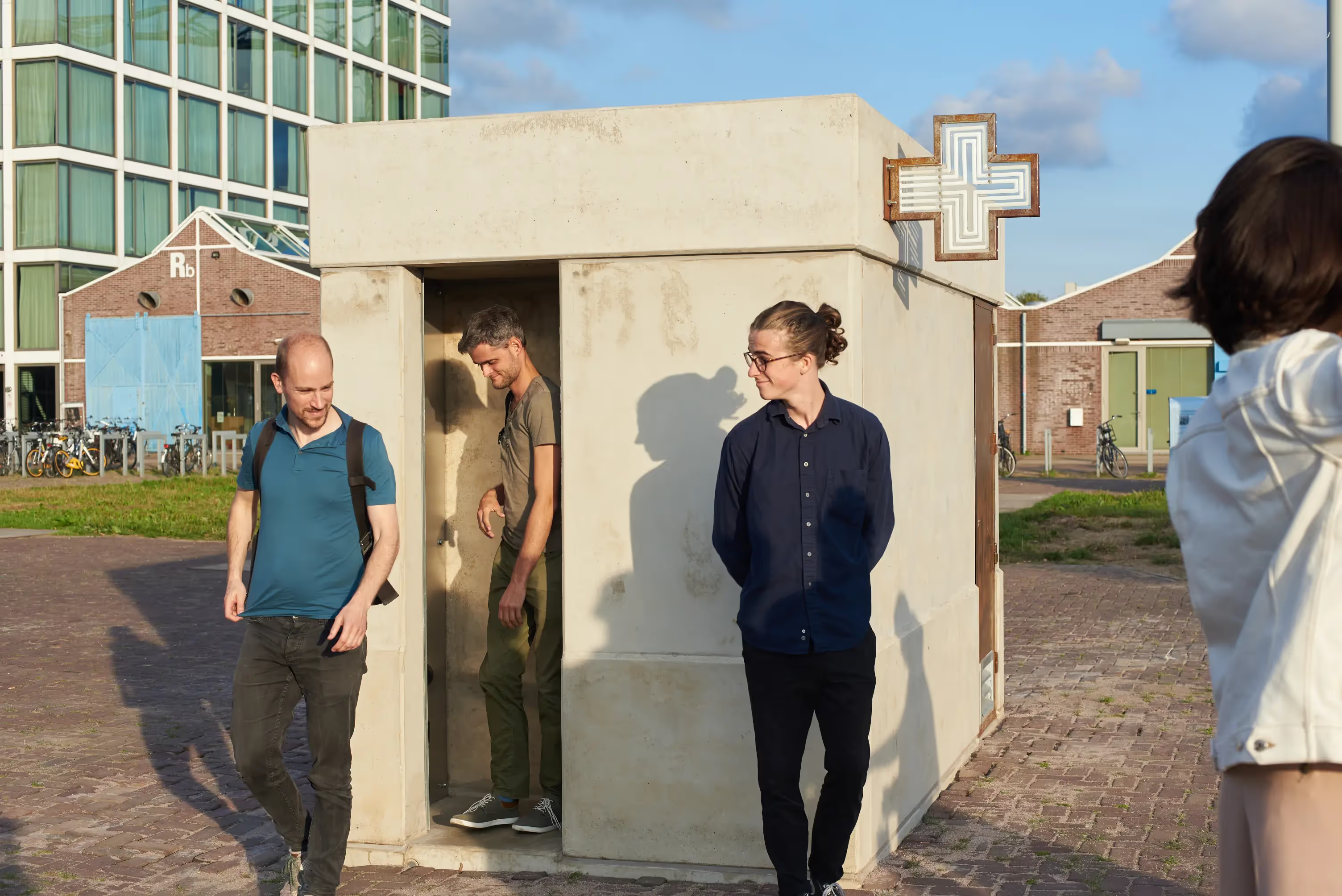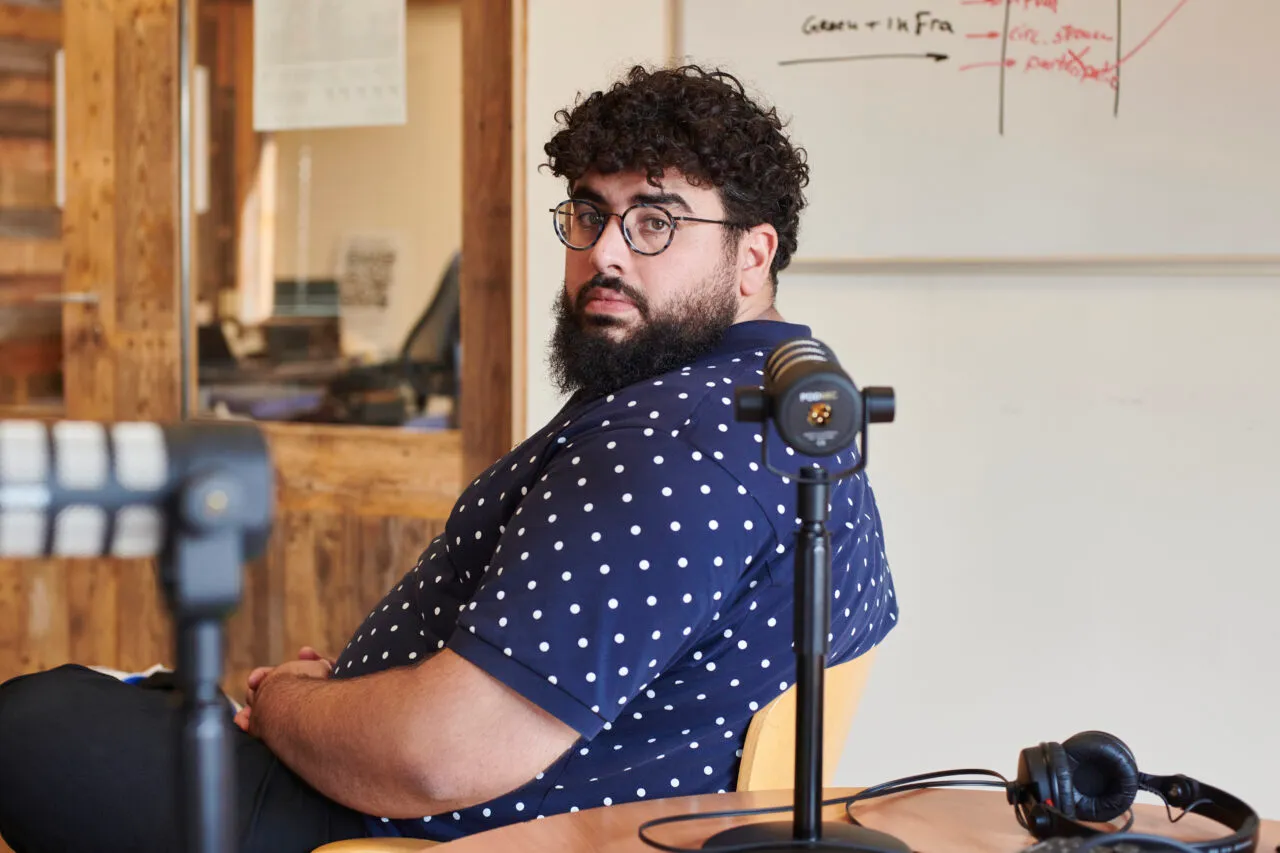In June of that year, at the initiative of Jur Jacobs and the Slow Food Youth Network Netherlands in cooperation with Foundation Together Against Food Waste 20,000 kilos of potatoes poured out at the shipyard. Via the Too Good To Go app, Amsterdammers were able to come and make beepers at the Load Out, near Pllek, for a moment. The action was a great success and the mountain was gone by the end of the afternoon. We suspect that a lot of fries, stews and potato gratins were eaten last week.
Slow Food Youth Network (SFYN) is an international youth movement that works for a good and fair food system. The organization believes that young people should play an important role in the future of food production and consumption. That's why they're trying to bring young consumers, producers, farmers, chefs and students closer together. They do this through eat-ins, tastings and events such as World Disco Soup Day. “Together, we need to work on a more resilient food system where less food is wasted, farmers get a fair price and where good food is available for everyone,” says Lianne de Bie, director of Slow Food Youth Network Netherlands.


There was a nice mix of people: from Old Northerners to people with Teslas from't Gooi.
The organization was very satisfied with the turnout of a very diverse audience and estimated that potatoes were sold to more than 600 people in Amsterdam, spread across the day. Co-initiator Jur Jacobs: “What I personally liked the most is that there was a nice mix of audiences, from Old Northerners to people with Teslas from't Gooi. All ages, origins and groups were present.”
Last Saturday's action is not an isolated one. There are many surpluses of food in the Netherlands, it's not just about the potatoes that have been saved from waste. The Samen Tegen Voedselverspilling Foundation wants to create more awareness about food waste in general: “In the Netherlands, there are surpluses due to COVID-19 right now, while large parts of Africa are facing imminent hunger. This is something we need to solve together,” says Toine Timmermans, director of the Samen Tegen Voedselverspilling Foundation.
The NDSM-werf Foundation believes the underlying problem is very important and is pleased that it has been able to contribute to raising awareness about this theme. In addition, the organization has the ambition to become a testing ground with the shipyard for sustainability, circularity and greening, also in relation to the city and a half meter. Over the past few weeks, the foundation itself has been working on an intelligent opening up of the site and has taken the first step with the Yard garden: vegetable garden planters for Amsterdammers who don't have a garden themselves. To do this, the Foundation works with partners such as De Onkruidenier. This way, people can safely grow their own vegetables and herbs on site, provided with a specially designed grid that secures the one and a half meter measures. More actions may be set up in the future.





-2.avif)




























.avif)



-p-2000.webp)





























.webp)







